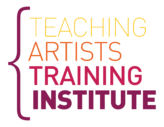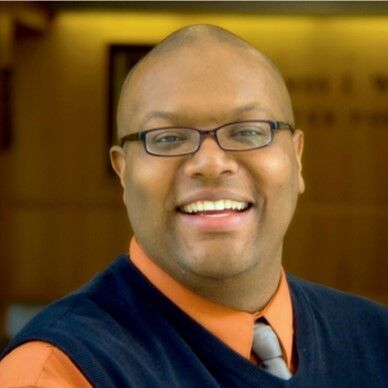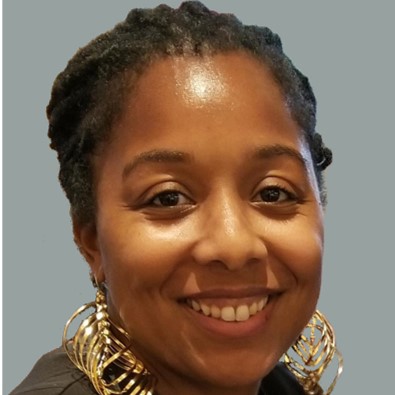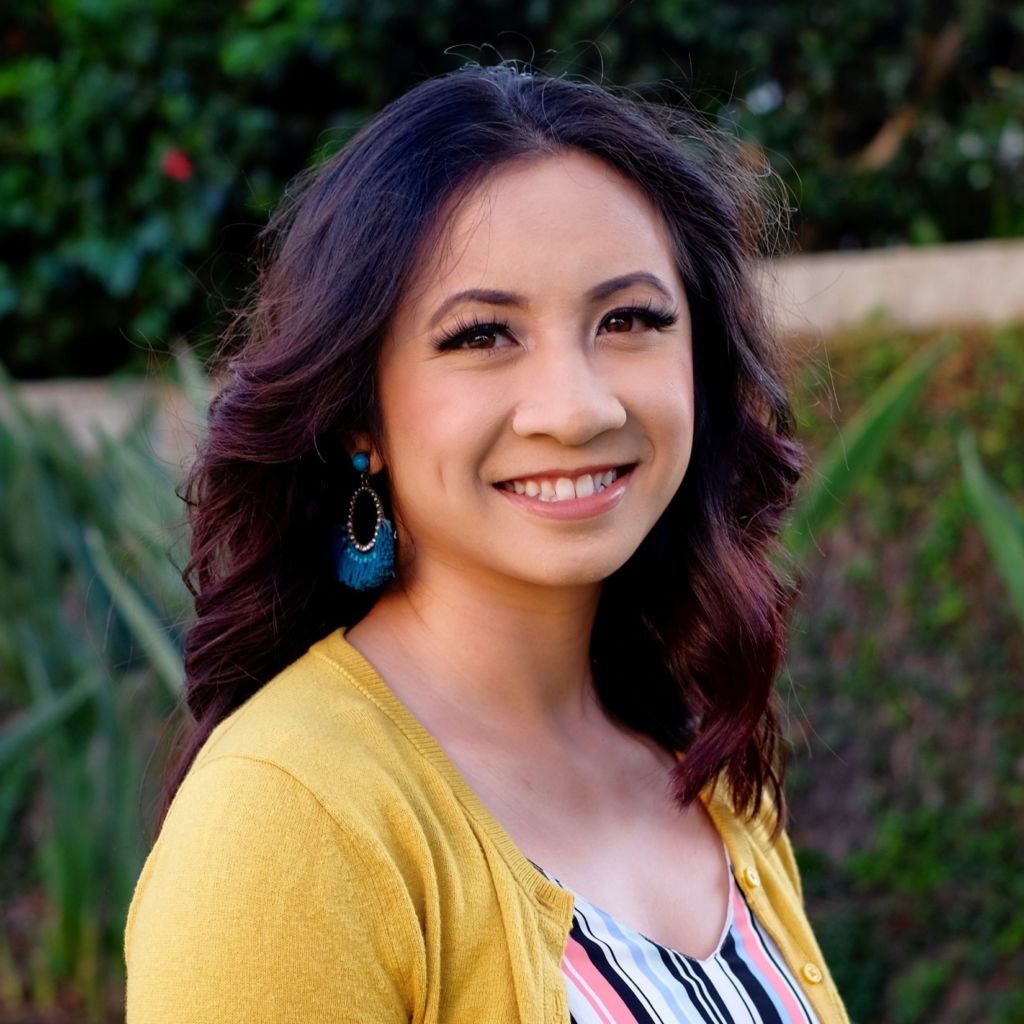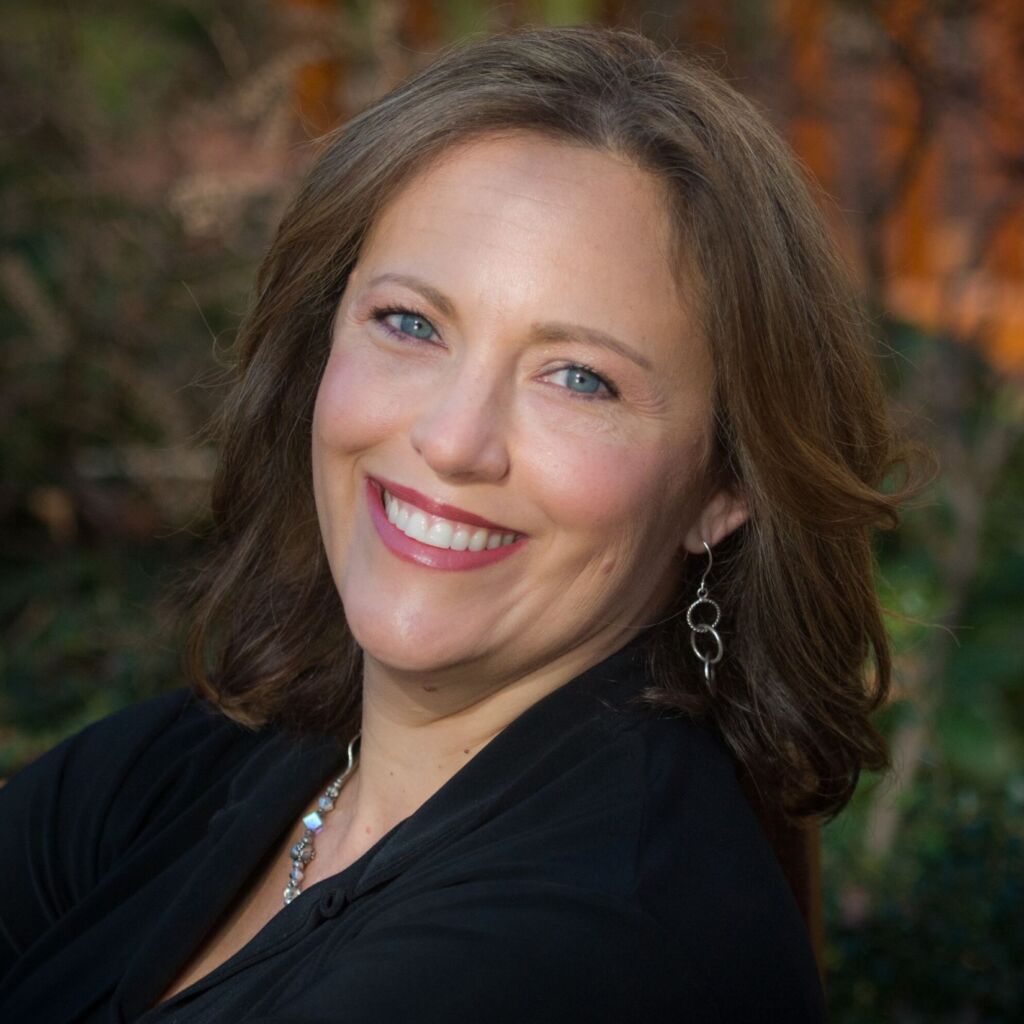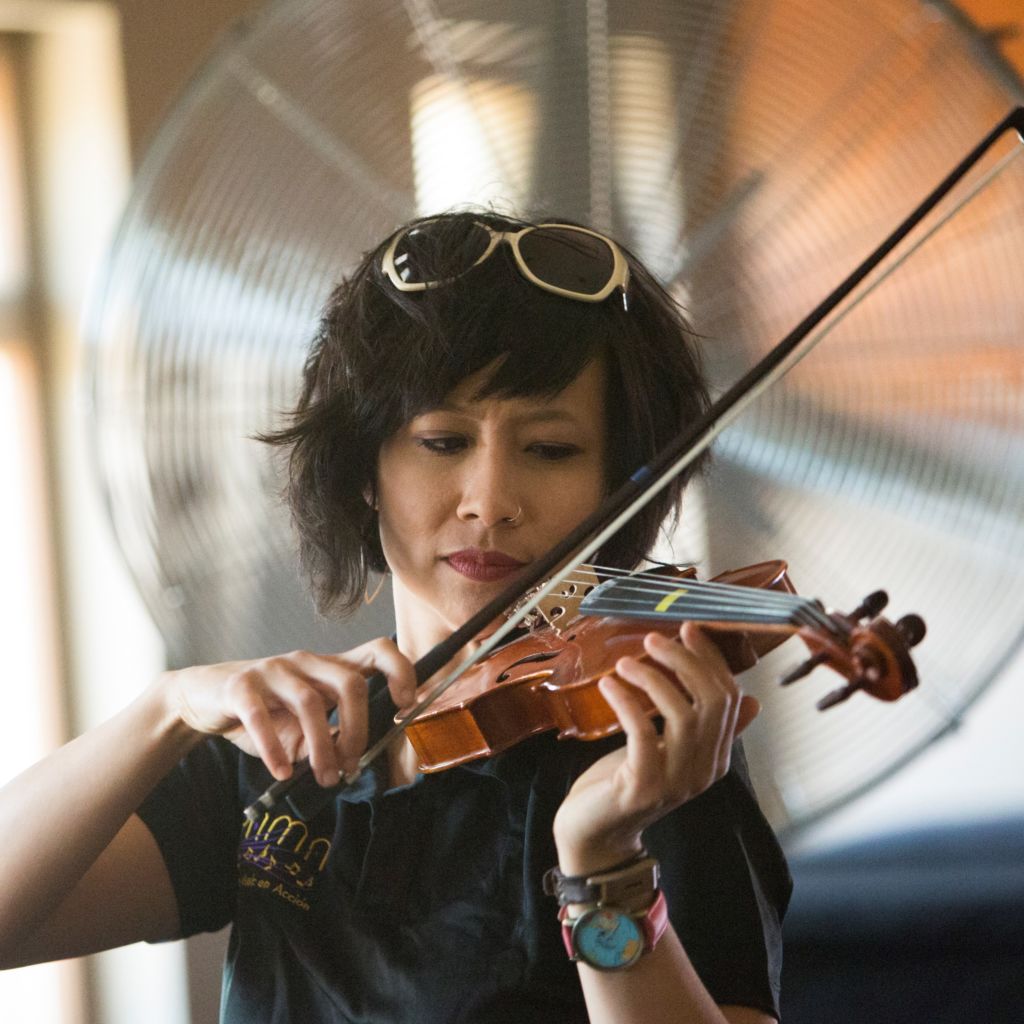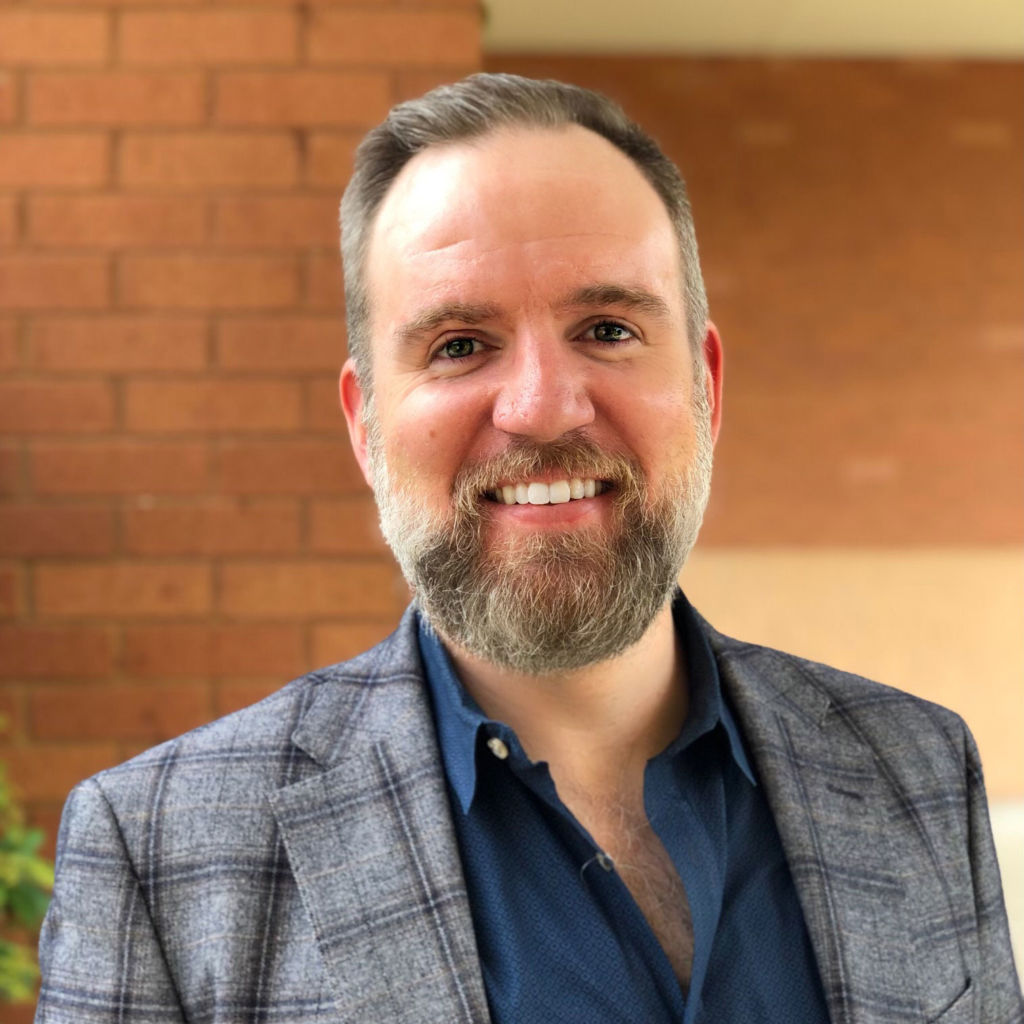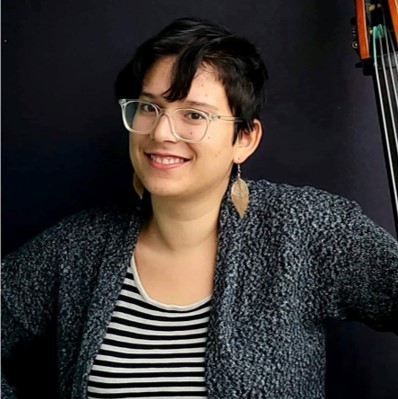2022 Program information
About The 2022 Program
TOpics
- Teaching Philosophy and Reflective Practice
- The Developmental Continuum and Student Progress
- Music Is Our Superpower: Trauma-Informed Classroom
- Student Engagement: Choice, Leadership and Strategies
- Social Emotional Learning and Classroom Management
- Cultural Equity and Inclusion
- Short and Long-Term Planning for Success
curriculum
The TATI curriculum framework is designed to ensure Teaching Artists can think critically about the preparation needed to work with students (the what), the execution of this work in the classroom (the how) and the reflection each person must undertake to continue improving their teaching practice, their students’ learning and the cohesion of their home organization at-large. Within the framework, Teaching Artists explore competencies within five domains of learning: Values and Philosophy, Pedagogy and Methodology, Making Space, Student Engagement, Curriculum and Planning.
2022 LAB Lecturers
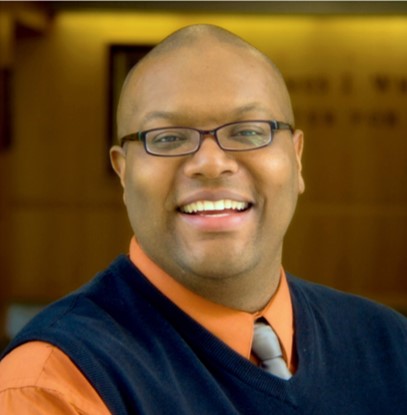
Dr. Derrick Fox is the Director of Choral Activities and Distinguished Associate Professor of Music at the University of Nebraska-Omaha. He earned a BME from Arkansas State University, a MM in Choral Conducting from the University of Missouri – Columbia and a DMA in Choral Conducting from Michigan State University, where he was awarded the prestigious University Enrichment Graduate Fellowship. Dr. Fox has taught at the middle school, high school and collegiate levels. His conducting experiences have included singers from upper elementary choirs through collegiate and community choirs. In 2021, He was awarded the Bryan R. Johnson Service Award by the Nebraska Music Educators Association.
Dr. Fox has conducted all state choirs, led international, national and regional choral concerts/residencies and presented professional development workshops across the United States and internationally. His professional workshops focus on assessment in the choral classroom, building classroom community, rehearsal strategies, choral conducting techniques and shape note singing in the African American community. Dr. Fox has held teaching residencies at the Latvian Academy of Music and Syracuse University, led performance tours through Lithuania and Estonia. His recent engagements include presentations in Idaho, Nebraska, Kansas, New York, South Carolina, North Dakota, Missouri and Florida; as well as conducting the Hawaii All State Choir, Alabama All State Choir, New York All State MS/JH Choir, the Wisconsin Collegiate All State Choir and the 2019 National ACDA Middle School/Junior High Mixed Honor Choir. He recently traveled to South Africa as a 2019 ACDA International Conductor Exchange Fellow where he led choral workshops and rehearsals in Johannesburg, Pretoria and Potchefstroom.
As a baritone soloist, Dr. Fox has collaborated with various organizations; among them are the Arkansas Symphony, Lansing Symphony, St. Louis Symphony, Columbia Chorale, the University of Nebraska at Omaha, Omaha Symphonic Chorus, University of Missouri, Michigan State University, Webster University and the Espaço Cultural (Brasilia, Brazil). He can be heard singing selections from Gershwin’s Porgy and Bess on the compact disc In This Hid Clearing, available on the Naxos Classical Music label.
As an author, Dr. Fox has written articles for many organizations and was a contributing author in the Hal Leonard/McGraw Hill choral textbook Voices in Concert. His compositions and arrangements are published by Hal Leonard and Brilee Music. His book, Yes You Can: A Band Director’s Guide to Teaching Choirs is published by Carl Fischer. He launched The Derrick Fox Choral Series with Music Spoke to publish works by and about marginalized and minoritized people. He created the Professional Choral Collective (PCC) to collect and create learning activities and teaching strategies for choral music educators around the world to use during the 2020 Coronavirus virus pandemic and beyond. He also partnered with the Country Music Association Foundation to create the Unified Voices for Music Education Initiative which provides learning activities for instrumental and elementary music educators.
Dr. Fox serves on the advisory board for the Sound Spirit, a research lab and publishing initiative promoting collaborative engagement with the songbooks that sound America’s musical landscape. He is also a member of the advisory board for the Choral Singing in America documentary series.
Dr. Derrick Fox
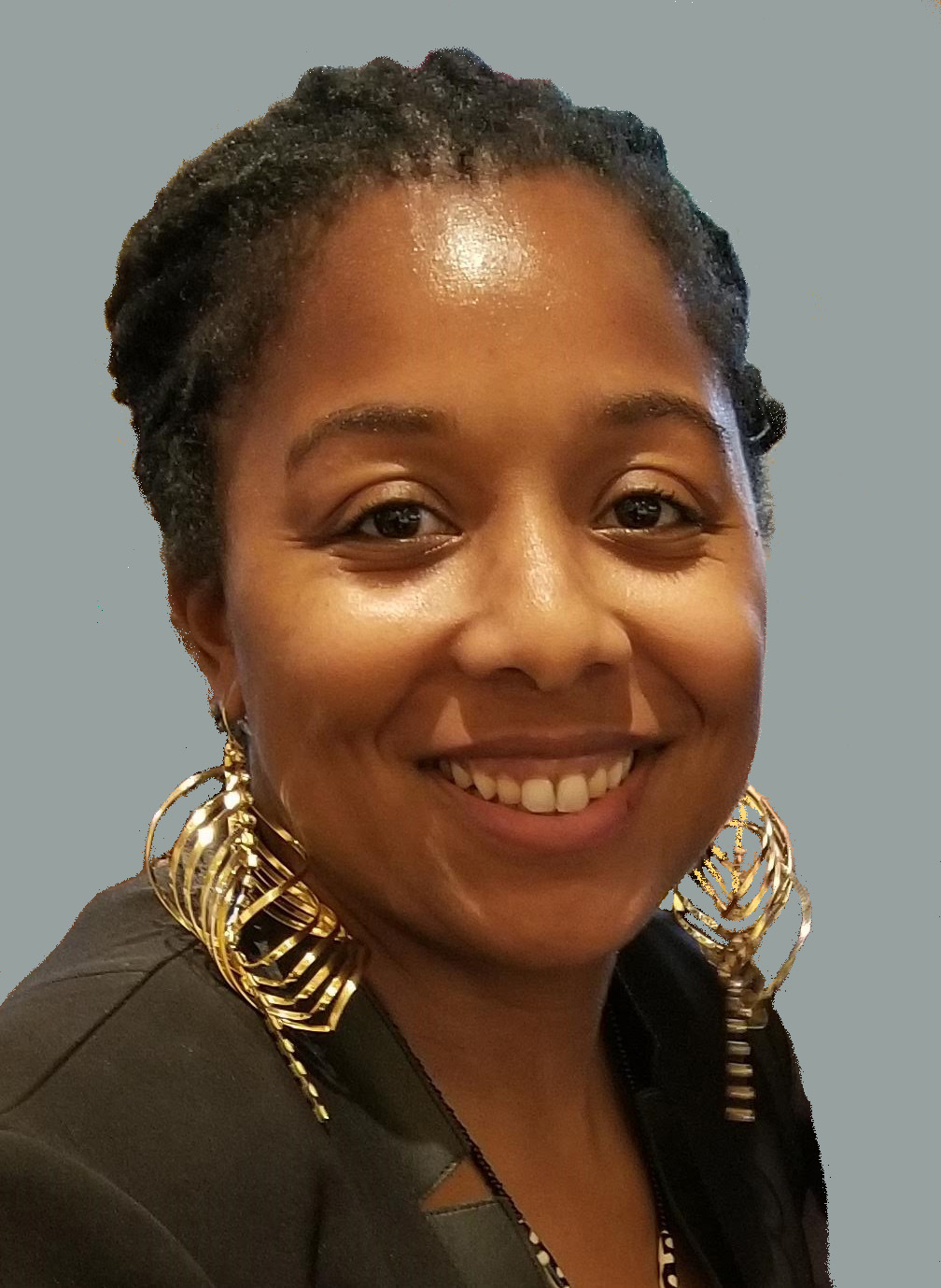
Dr. Marinda Harrell-Levy is an Associate Professor of Human Development and Family Studies at the Pennsylvania State University, Brandywine, Director of "Scream Like Someone's Listening" (a trauma-informed, antiracist group in Delaware County, PA) and Executive Board member and Youth Advisor for the Media Area Chapter of the NAACP. She received B.S. degrees in Sociology and Political Science and a certificate in African American Studies from the University of Maryland and her M.S. and Ph.D. in Human Development and Family Studies at Auburn University.
The focus of Dr. Harrell-Levy’s research is identity development and socio-emotional functioning among adolescents within varied contexts. Specifically, she studies the social-psychological and identity processes occurring (A) within the relationships young adults have with adults and within transformative educational experiences and (B) within romantic and familial relationships, with a pointed focus on traumatic experience, resilience, and social justice curricula. In 2009, Dr. Harrell-Levy published a parenting curriculum, "Bridging the Great Divide: Parents and Teens Communicating about Healthy Relationships'' through Alabama Cooperative Extension. Her work has been featured in the Atlantic, Yahoo News, and Black Enterprise. Since then she has been published several times in peer-reviewed academic journals. In addition to conducting research, Dr. Harrell-Levy has been involved in the evaluation of the effectiveness of relationships education for adolescents. Educating parents and teachers to communicate effectively with adolescents perceived as "high risk" is an important subset of this research agenda and the key area of my outreach. She has presented before dozens of local, national, and international audiences, including one televised appearance.
At Penn State, Dr. Harrell-Levy teaches several courses related to Adolescent Development. She is the Chair of the Chancellor's Commission for Racial and Ethnic Justice, the Civic & Community Engagement advisor for the Cooper Honors Program, and the administrator for the Youth Development and Social Justice Certificate. Beyond Penn State, Dr. Harrell-Levy has conducted workshops and seminars for schools and organizations throughout Maryland, New Jersey, and Pennsylvania. She regularly trains teachers on trauma-informed pedagogy and trauma-sensitive classrooms. Recent examples of public presentations and workshops include MLS (Major League Soccer,) the Pennsylvania State Education Association (PSEA), Special Supplemental Nutrition Program for Women, Infants, and Children (WIC) in Chester County and Delaware County, several middle and high schools both within and beyond Delaware County, PA. Dr. Harrell-Levy also serves in an advisory role for several organizations that have benefitted from her research.
Dr. Marinda Harrell- Levy
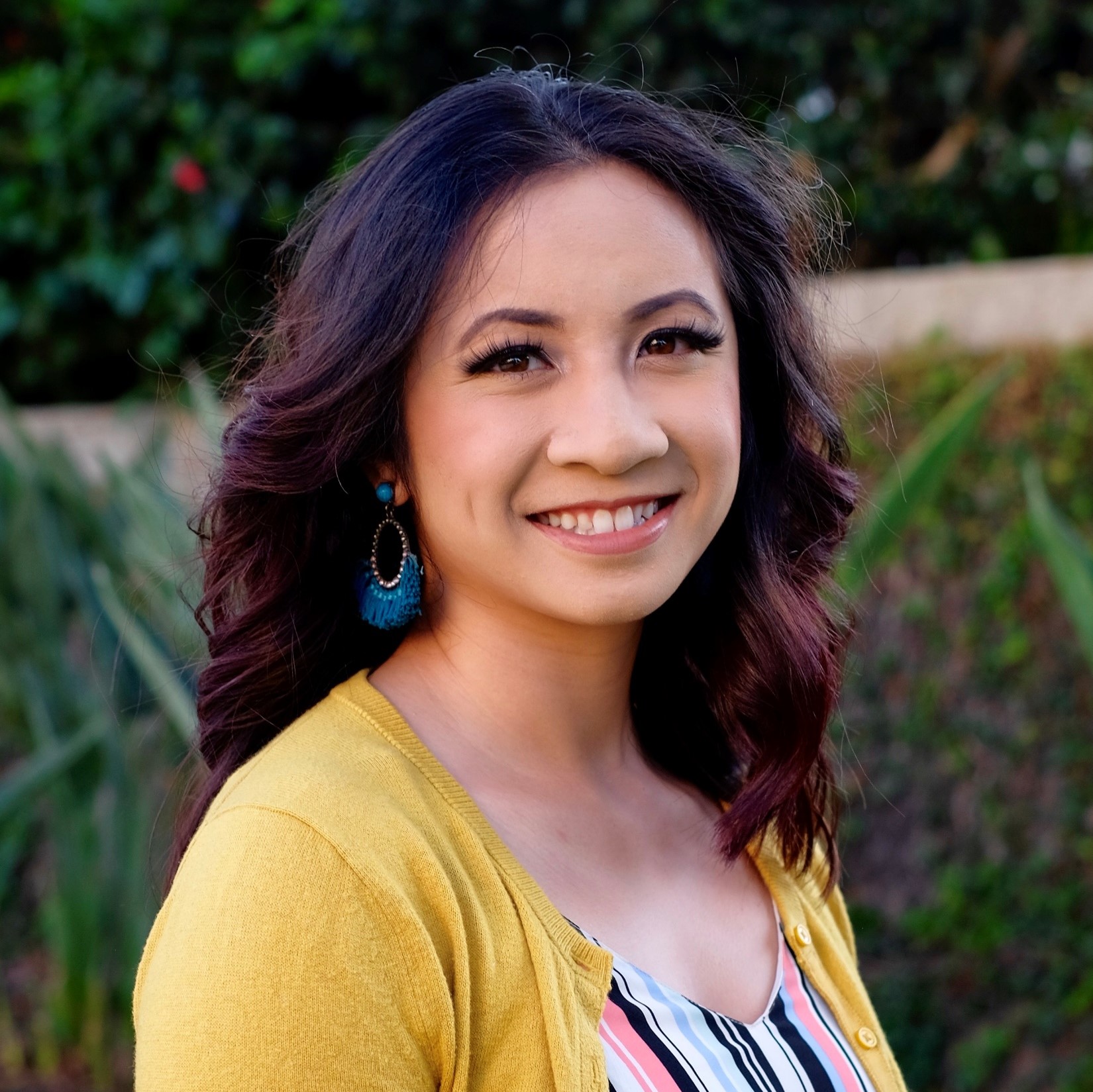
Darlene Machacon is an elementary general music teacher, choir director and private piano instructor in Orange County, California. She holds two bachelor’s degrees in Music Education and Piano Performance from Biola University and is currently pursuing a master’s degree in Music Education from VanderCook College of Music. She also is the elementary music department chair and honor choir director in her school district. In addition to teaching, Darlene is an active presenter, social media content creator, and author, whose work focuses on challenging the status quo of music education. In her free time, she enjoys trying new cuisine and visiting Disneyland.
To learn more about Darlene, her work can be found on www.darlenemachacon.com and on Instagram/TikTok @thedarlingmusicteacher.
Darlene Machacon

Dr. Rebecca MacLeod is Professor of Music Education at the University of North Carolina Greensboro, where she directs the string education program and conducts the UNCG Sinfonia. She is the author of Teaching Strings in Today’s Classroom and is published in the Journal of Research in Music Education, International Journal of Music Education, Bulletin for the Council of Research in Music Education, Update: Applications of Research in Music Education, Journal of Music Teacher Education, String Research Journal, Psychology of Music, The Strad, American String Teachers Journal, and various state music education journals. She has served on the editorial boards of the Journal of Research in Music Education, the String Research Journal, and as guest reviewer for the International Journal of Research in Music Education. She is the recipient of the North Carolina Board of Governors Teaching Excellence Award, the UNCG School of Music, Theatre and Dance Outstanding Teaching Award, the American String Teacher Association National Researcher Award, and the UNCG Junior Research Excellence Award.
A passionate advocate for increasing access to string education to all students, Dr. MacLeod directs two community partnership programs that provide string instruction to underserved students: the Lillian Rauch Beginning Strings Program and the Peck Alumni Leadership Program. Students of these programs have performed for Dr. Maya Angelou, Dr. Gloria Ladsen-Billings, and the Sphinx Virtuosi. Her research on working with underserved populations, vibrato technique, music teacher education, and music perception has been presented at the International Conference of Music Perception and Cognition (Thessoloniki, Greece), Music Research and Human Behavior International Conference (Barcelona, Spain), International Society for Music Education (Glasgow, Scotland), Music Educators National Conference, National Association for Music Education National Conference, American String Teachers National Conference, Midwest Band and Orchestra Clinic, Society for Music Teacher Education, and music educators state conferences.
Prior to joining the UNCG faculty, she taught elementary, middle, and high school orchestra in Hollidaysburg, Pennsylvania and was orchestra director and chair of music activities in Beaver, Pennsylvania. She was the assistant artistic director and conductor of the Tallahassee Symphony Youth Chamber Orchestra and Philharmonia Orchestra in Tallahassee, Florida. She is currently President-elect for the American String Teachers Association. She was a guest lecturer at Xi’an University and Shaoguan University (China) in summer 2016 and 2017.
Dr. MacLeod received her undergraduate degree from Duquesne University and her MME and PhD from Florida State University. She is a frequent guest conductor and clinician throughout the United States and abroad.
Dr. Rebecca MacLeod
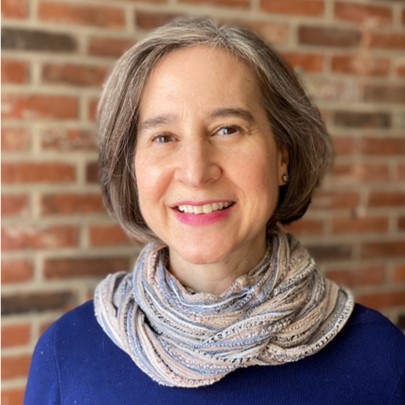
A licensed social worker, Stefanie Wakeman brings a lifelong love of the arts to her role as Director of Community Partnerships at Astral Artists. Stefanie has expertise in the areas of training and education, community engagement, and trauma-informed care. Prior to joining Astral, she developed innovative pilot programs with the Drexel University Center for Nonviolence and Social Justice and the Pennsylvania Montgomery County System of Care.
Throughout her career, Stefanie has had the privilege to support survivors of violence, individuals experiencing serious physical and mental illness, and children and families involved with child welfare and juvenile justice systems. She has served as a training and facilitation consultant for multiple city, county, and state social service organizations, and has worked on federally funded grant projects through the Department of Justice (DOJ) and the Substance Abuse and Mental Health Services Administration (SAMHSA). Stefanie holds a Master of Social Work degree from the George Warren Brown School of Social Work at Washington University in St. Louis, where her focus of study was Children and Youth, with a specialization in Non-Profit Management.
Stefanie Wakeman
2022 Discussion facilitators
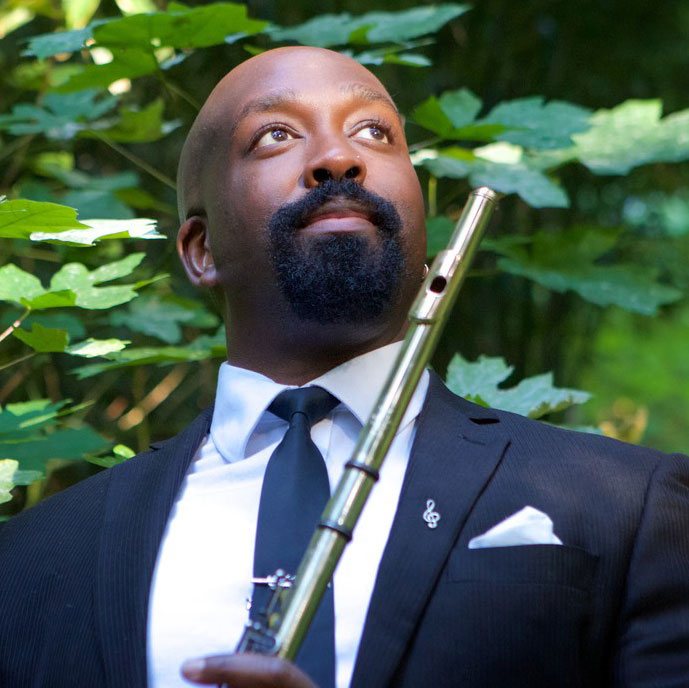
A devoted humanitarian and firm supporter of arts education, Adam Eccleston has worked extensively with many social change organizations such as, BRAVO Youth Orchestras, where he is the Program Director. BRAVO is an El Sistema inspired music program based in Portland, Oregon that serves over 600 students. He is a faculty member with the Global Leaders Program that empowers arts changemakers to grow organizations that impact communities. Adam serves on the board of the Greater Portland Flute Society and is currently on the committee of the Umoja Flute Institute, which celebrate flutists of African descent and their contributions to music. www.ufinstitute.com
As a performer, Adam has appeared with orchestras such as the Oregon Symphony. At 19 years old, he made his solo debut in New York performing Borne Carmen Fantasy for Flute and Orchestra. Adam has been awarded top prizes in competitions, one of which is the New York Flute Club Competition and most recently, First Prize in the Golden Classical Music Award International Competition for which he was featured at Carnegie Hall; and second prize in the Marker and Pioneer International Music Competition. Currently, he is the Artist in Residence for All Classical Portland Radio Station and sits as Chair of the Recording Inclusivity Initiative focusing on music of underrepresented composers. As a firm supporter of new music, he has premiered works by Robert Beaser, Anthony Green and made the Pacific Northwest premiere of works by Valerie Coleman and Julio Racine.
Mr. Eccleston studied with Paula Robison, Tara Helen O’Connor, Eric Lamb and Thaddeus Watson, retired piccolo player of the Frankfurt Radio Symphony Orchestra at the Frankfurt Hochschule für Musik und Darstellende Kunst in Germany. He currently holds two master degrees and enjoys baking and watching the Real Housewives of Atlanta.
Adam Eccelston, BRAVO Youth Orchestras
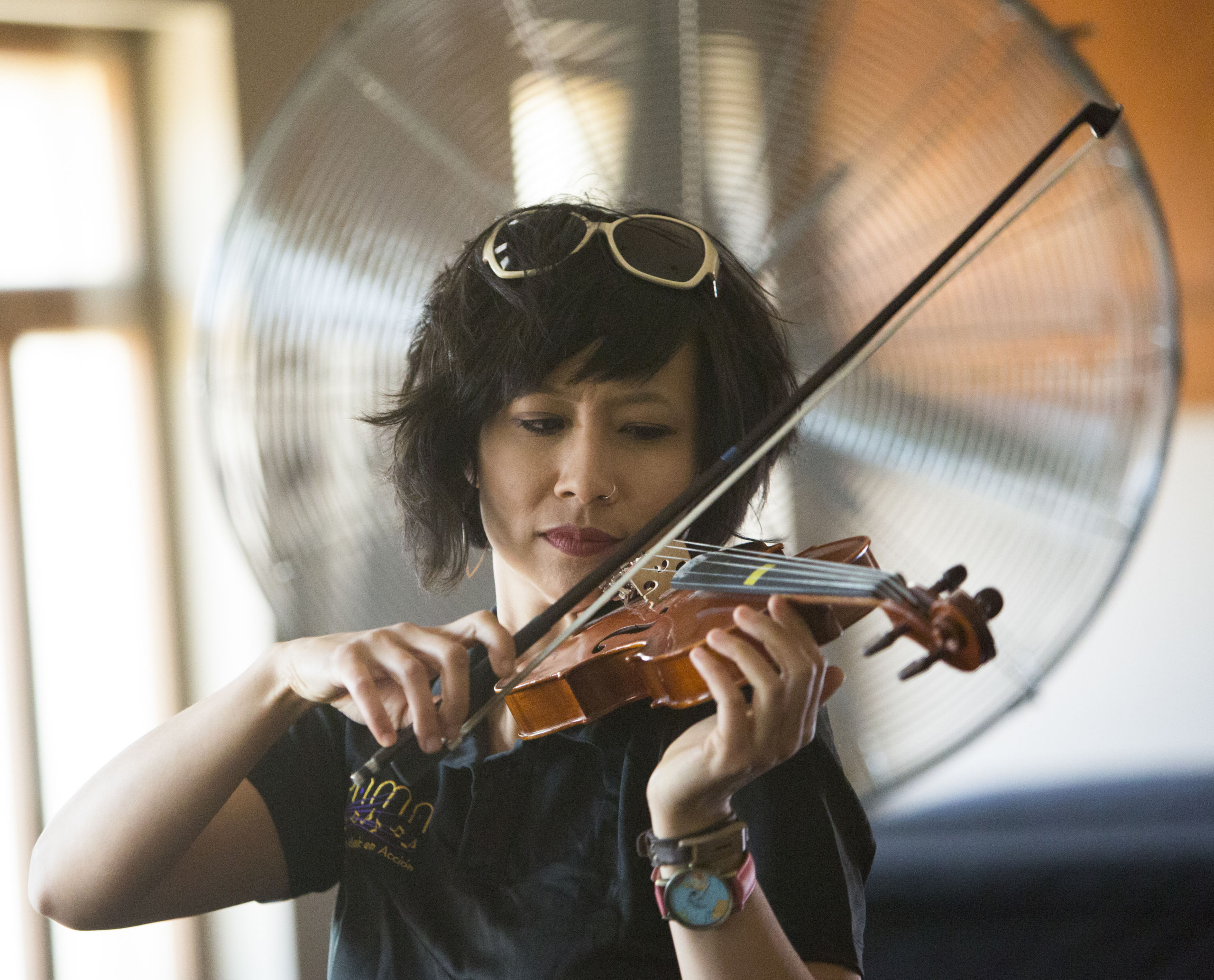
Stephanie Hsu brings belly-laughs, creativity, and a deep desire for mutual support to all spaces and communities of which she is a part. She is often reflecting on “How are we building power and community?”, “What is the learning here?” and “How can we increase the FPM (fun per minute) in what we’re doing?” For the past 10 years she’s been asking these questions with her team at Yakima Music en Acción (YAMA) as they work to co-create spaces where young people can be their fullest selves and build connection, creativity, and leadership skills.
Stephanie is a co-founder of YAMA and its Executive Director. Beyond her title, Stephanie is an organizer, educator, and facilitator committed to disrupting harmful systems and creating communities of mutual empowerment. She is an educator on a journey to facilitate the growth of students and fellow staff members, to encourage all of us to find and use our voices, and to build community through music-making, risk-taking, and real talk. She finds inspiration and support in the El Sistema nucleos she learned from in Venezuela, the feeling of playing and creating music with others, and in the life-cycle of her vegetable garden.
Stephanie owes great credit and holds deep gratitude to her peers and mentors from Swarthmore College, from which she graduated with a B.A. in Education, Sociology, and Anthropology. Inspired and energized by a lifetime of participatory music-making, her work through the New England Conservatory's Sistema Fellows Program, the youth-led Chinatown Youth Initiatives in Manhattan, and ongoing mentorship from friends, family, and elders, Stephanie strives to close the gap between her values and action in order to increase the social impact music and lifelong learning can make in a complex world.
Stephanie Hsu, Yakima Music en Acción
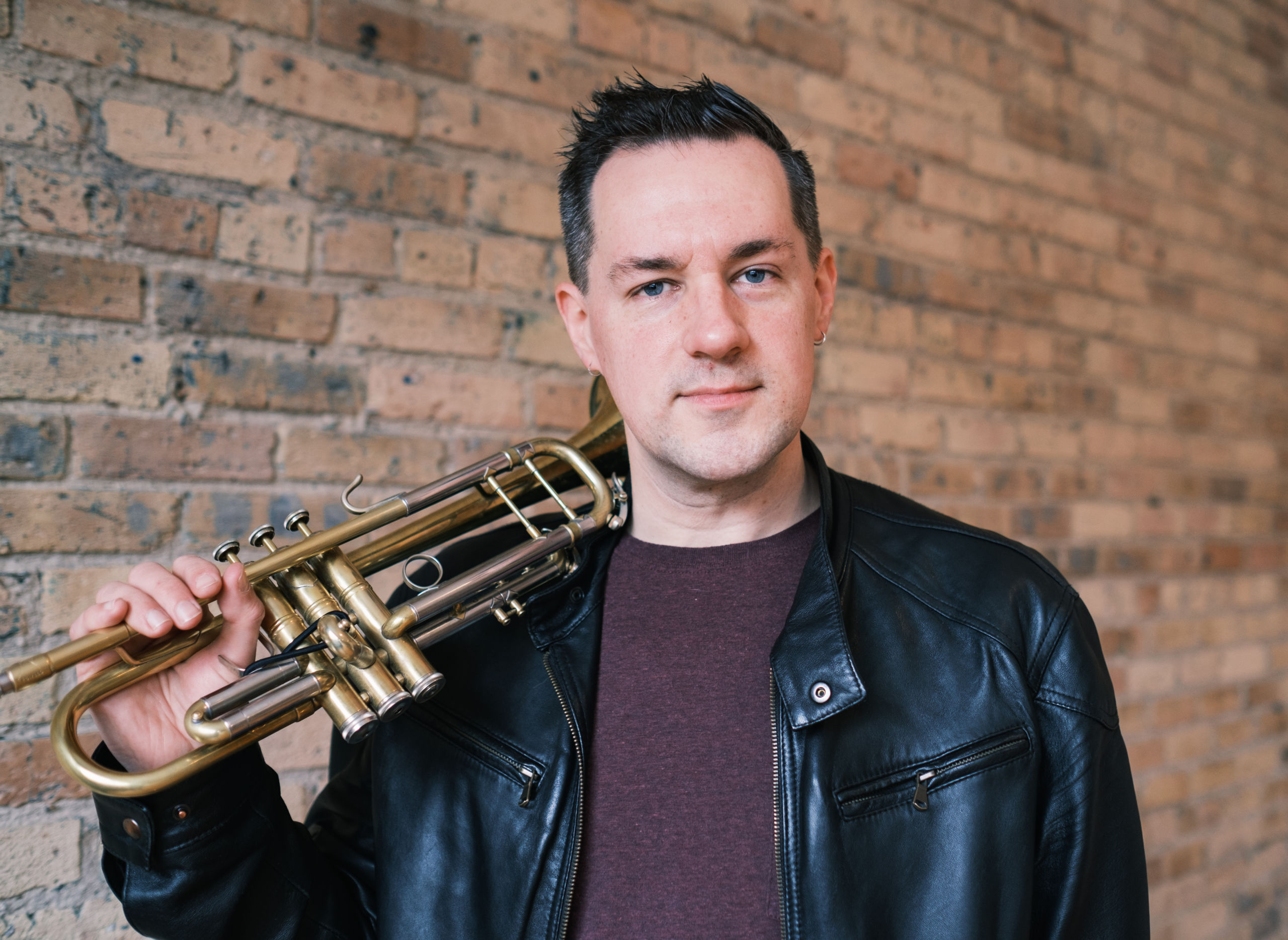
Thomas Madeja is an experienced musician, teacher, and advocate for social change. He began his career in 2006 in Philadelphia where he was soon in high demand as a trumpet player. But it was teaching in Philly’s diverse communities that cultivated his passion and strengthened his belief that young people everywhere deserve access to the transformative power of music.
Tom relocated to Chicago in 2010 where he joined the faculty of The People’s Music School. In 2013, he founded The Chicago Metamorphosis Orchestra Project (ChiMOP) to expand access to quality arts programming to some of the city’s under-represented communities. ChiMOP provides several program initiatives in the form of multifaceted community youth orchestra projects throughout the city’s west side.
Tom is also on faculty of The Chicago High School for the Arts (ChiArts) and DePaul University’s Community Music Division. He maintains a busy trumpet playing schedule performing with local and international Latin music artists, regional theaters, and his own jazz trio and brass ensemble.
Thomas Madeja, Chicago Metamorphosis Project
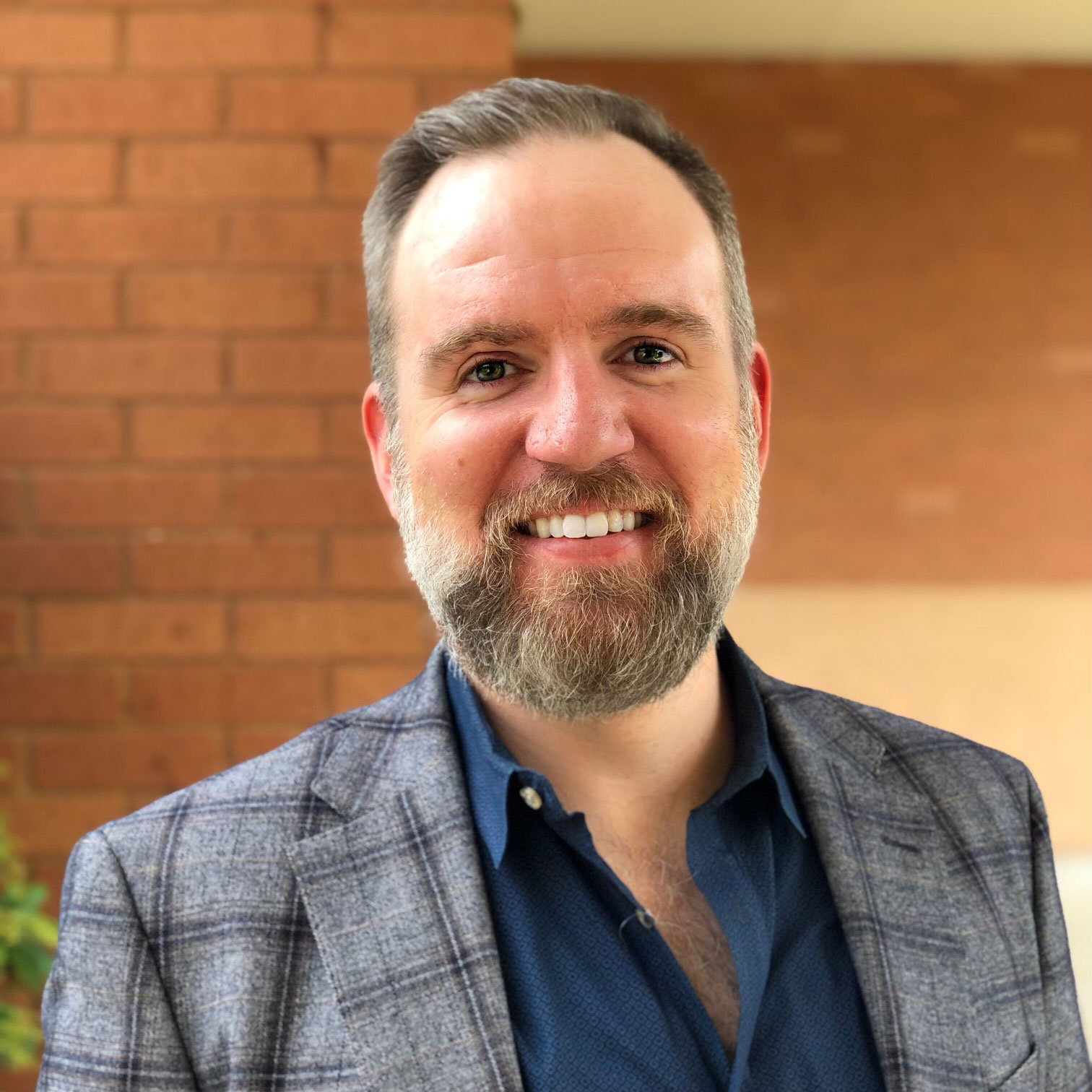
Robert Saunders is Assistant Professor of Music Education and Orchestra Director at Augusta University in Augusta, GA with over 20 years of experience teaching, performing, and producing music performances of varied genres. Robert has performed classical, bluegrass, jazz, rock-and-roll, and traditional dance music with amateur community ensembles, professional artists, and orchestras on cello, mandolin, bass, guitar, and violin. He has also worked at youth and adult popular music production and performance programs with underserved students and students with disabilities. Robert approaches teacher training and instructional design with experience as a performer and live audio engineer in varied settings, providing support for musicianship and music literacy skill development with community members and students.
Before moving to Augusta, Robert served as the Music Education Director of Miami Music Project, an El Sistema inspired non-profit program in Miami, FL. There he developed teaching artist training programs and created an instrumental music curriculum that adopts social learning and positive development pedagogy, all while leading the artistic vision of over 20 live and 12 virtual classical music concerts over two years. Robert continues to serve and live the El Sistema philosophy as part of the Leadership Team of TATI and facilitating community music programs in Georgia and New York.
Robert Saunders, Augusta University
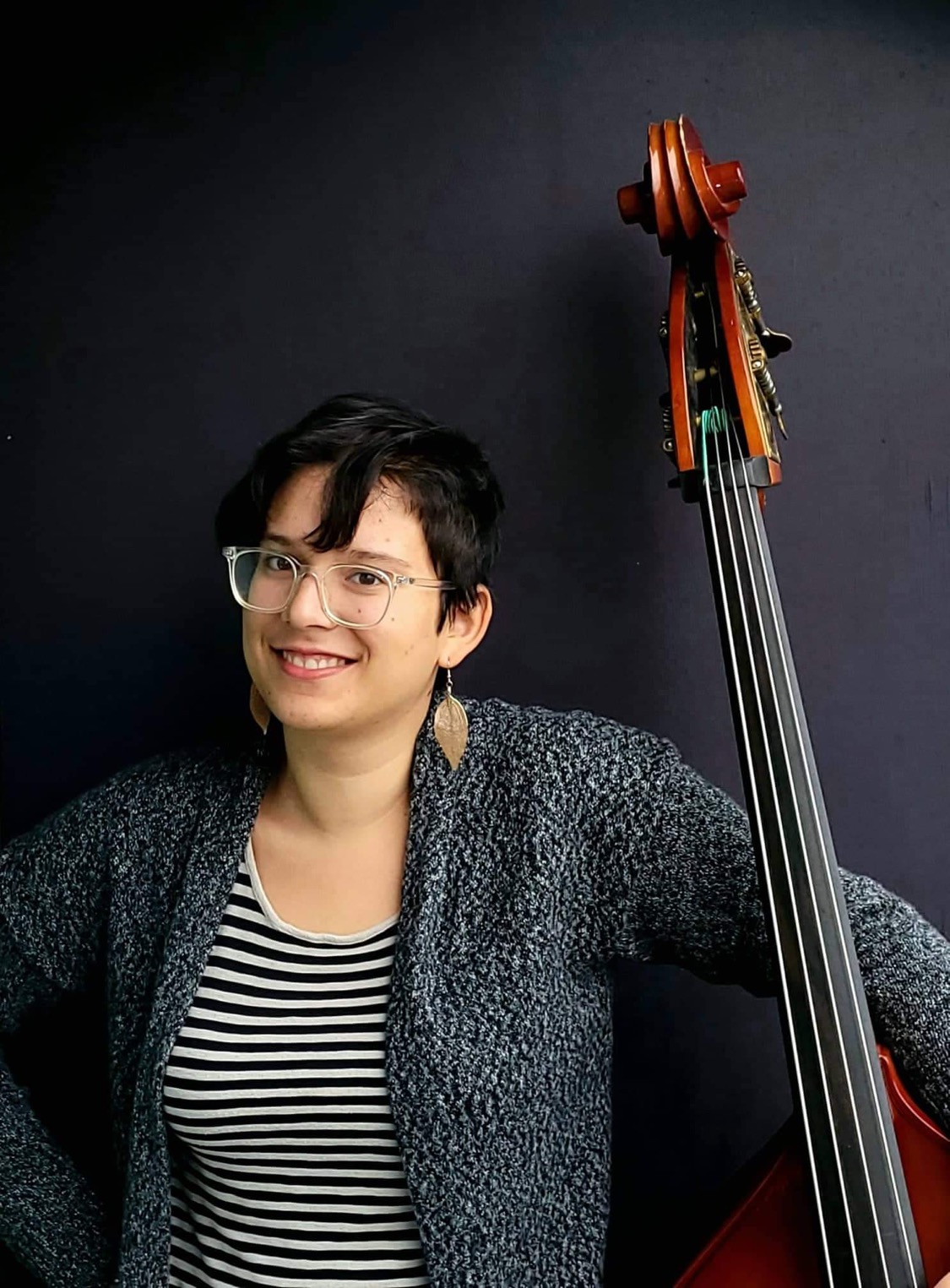
Eva Stoumbos (she/her/ella) is a double bassist, music teacher, and audio technician based in Yakima, WA, USA in the land of the Yakama Nation. Eva is a dedicated teacher who hopes the young musicians in her classes learn about music, themselves, and the world around them (and Eva is always learning from them in return) all the while having fun, creating great friendships with their peers, and challenging themselves to take artistic risks and go further in their art. Her ultimate goal is for her students to be lifelong musicians, in their own unique way.
Eva is a versatile musician who loves to play as many genres as she can get her hands on-- she's been seen around the Northwest performing classical, bluegrass, jazz, mariachi, folk, rock, Chinese traditional, and Afro-Cuban music. She has been a Teaching Artist at YAMA since 2017, where she teaches double bass, cello, ear training, theory, and other fun stuff as well as translating & teaching español, working in an admin capacity, and occasionally writing skits. Eva was part of the inaugural TATI cohort in 2021 and is thrilled to return this year as a Discussion Facilitator and continue learning from her colleagues from many different places. In her spare time she loves to hike, read, listen to podcasts, study & teach languages, play guitar, and hang out with her cat.
Eva Stoumbos, Yakima Music en Acción
Program Calendar
January
Monday, January 10
LAB 1
Friday, January 21
LAB 1 Discussion
Monday, January 24
LAB 2
.
FEBRUARY
Friday, February 4
LAB 2 Discussion
Monday, February 7
LAB 3
Friday, February 18
LAB 3 Discussion
Monday, February 21
LAB 4
March
Friday, March 4
LAB 4 Discussion
Monday, March 7
LAB 5
Friday, March 18
LAB 5 Discussion
APRIL
Monday, April 18
LAB 6
Friday, April 29
LAB 6 Discussion
.
May
Monday, May 2
LAB 7
Friday, May 13
LAB 7 Discussion
Monday, May 16
LAB 8
Friday, May 27
LAB 8 Discussion
FAQ
- Each Teaching Artist must be nominated by an administrator from their current organization.
- Be a current Teaching Artist within an organization for at least 1 school year.
- Demonstrates TATI core values:
- Passionate about social change through music.
- Personal commitment to social justice and anti-racist practices.
- Exceptional interpersonal and communication skills.
- Demonstrated curiosity and eagerness to learn and reflect.
- Proven ability to work collaboratively with colleagues.
- You can commit to the schedule outlined above, including 25 virtual LAB hours from Jan-May 2022.
- Able to complete all LAB program assignments in a timely and thoughtful manner.
Nominations from a Program Administrator should be submitted by Friday, November 19 at 11:59 pm EST.
Applications from Teaching Artists should be submitted by Monday, November 29 at 11:59pm EST.
Tuition for the TATI program is fully-funded by generous private donations. Accepted members are asked to commit to 25 LAB and discussion hours, in addition to personal time implementing and reflecting on topics covered.
Acceptance notifications will be e-mailed on Wednesday, December 13, 2021.
TAs who meet the requirements are encouraged to apply. Lecture times listed above are tentative and will be finalized alongside acceptance decisions. Discussion times will be decided by each discussion facilitator and their group.
Additional questions? Email us at info@tatraininginstitute.org
